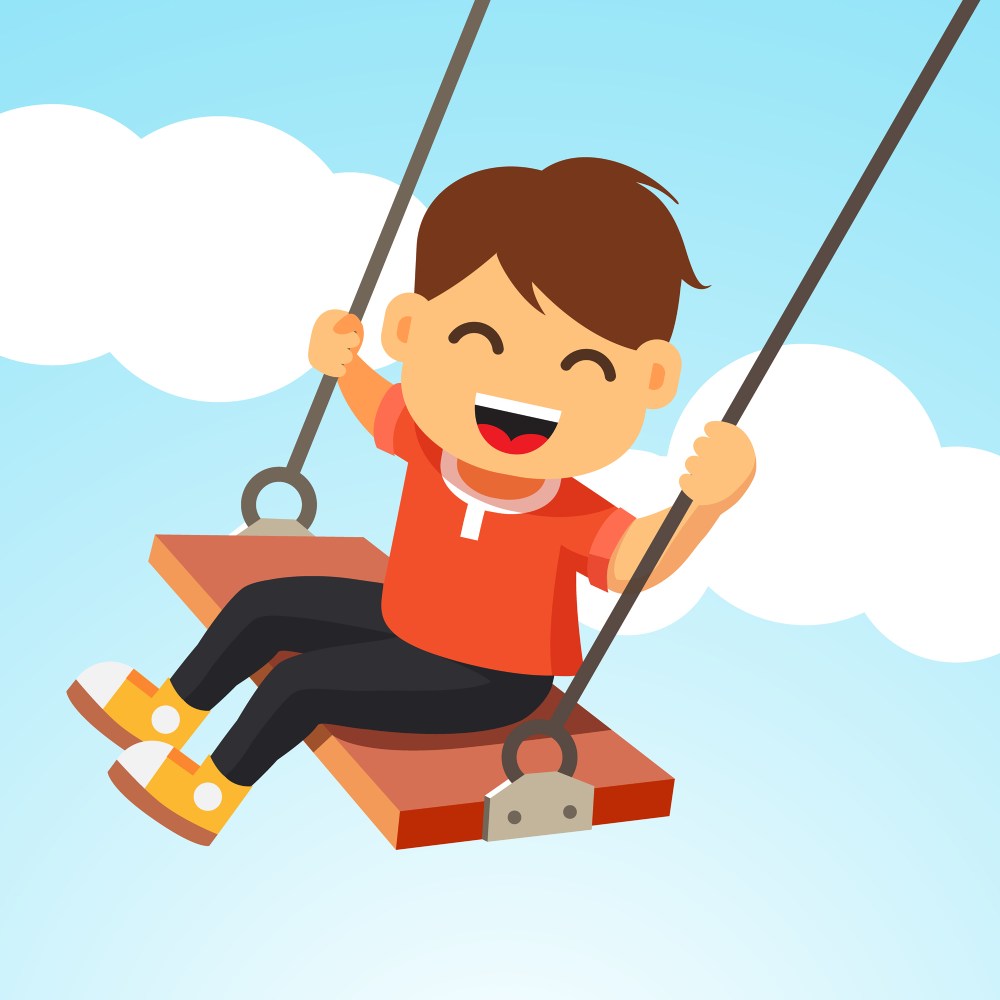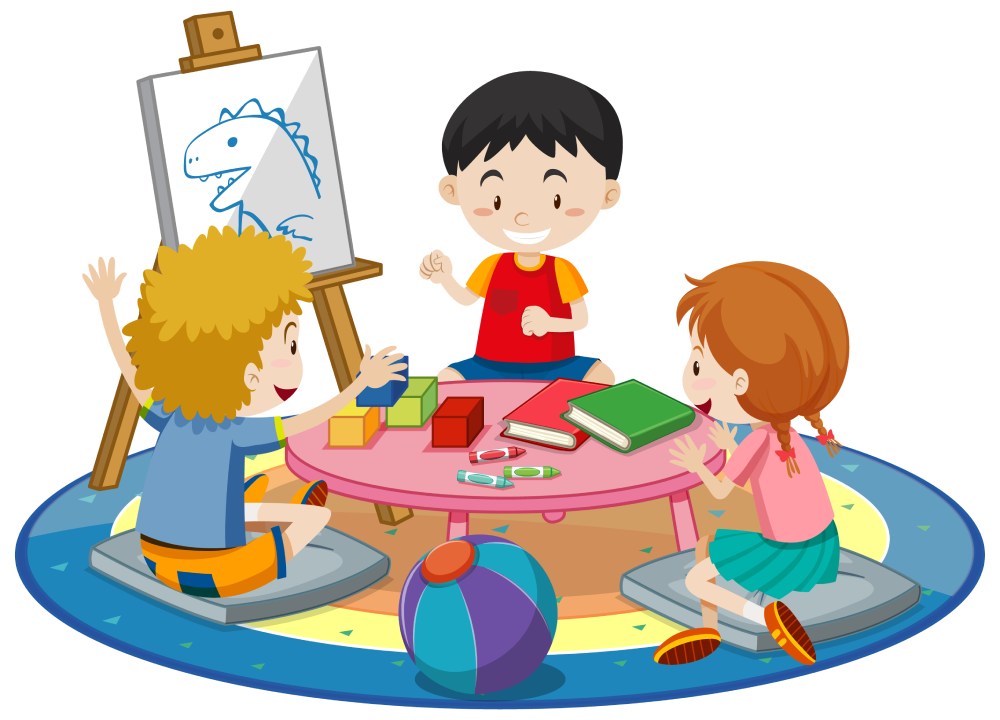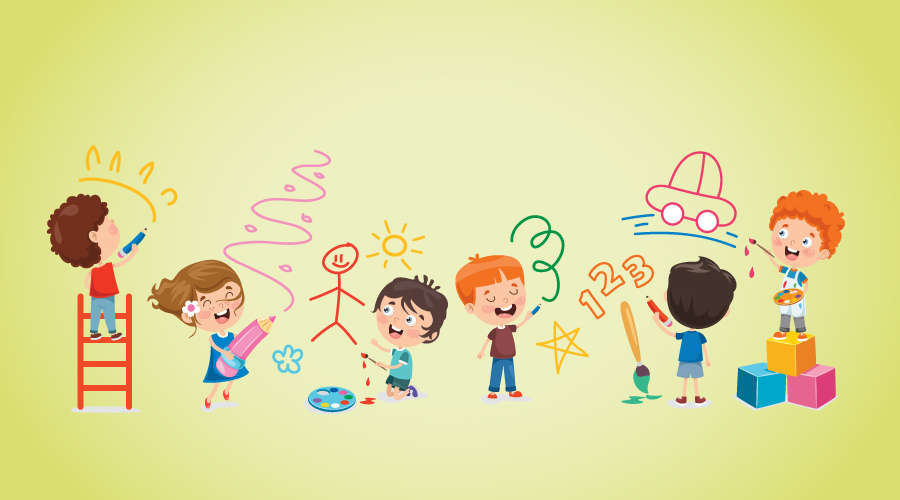Academics
“Education’s purpose is to replace an empty mind with an open one”
Awakening a child’s potential through a researched learning process

To make sure we impart the right knowledge and skills to each child to achieve what we dream of, we prepare a unique curriculum that involves distinctive teaching pedagogies.
Integrating modern pedagogical theories and effective practices
Pedagogical Theories
Studios
A studio contains, at its core, Learning Experiences (LE). At The Centennial School, LEs enable discovering of each child’s talent and potential through experiential methods. Planned and carefully designed activities in classroom and outside classroom; along with knowledge from various workbooks and notebooks, that are designed in a novel manner to help promote development across all domains. Our LEs are available for Language Arts, Environmental Sciences and Mathematics.
The facilitators (teachers) at The Centennial School are carefully selected to help hone the skills of children and imbibe the idea of smart learning. Our studios are not just a set of books and classroom, but a platform of experiences enhancing the growth of the children through the 9 aspects of holistic development. It’s a transformational learning platform.


Learning is a journey, consisting of meaningful & engaging activities

Promotes out of the box thinking, based on four facets of thinking framework

Helps know the “what”, “why”, and “how” of learning

Focusses on cognitive, social, emotional and meta-cognitive skills

Provides a “space for expression” to express the understanding of concept
A studio is a child’s own space
- Reggio Emilia: A philosophy that puts the natural development of children as well as the close relationships that they share with their environment, based on following principles:
- Children must have some control over the direction of their learning;
- Children must be able to learn through experiences of touching, moving, listening, seeing, and hearing;
- Children have a relationship with other children and with material items in the world that children must be allowed to explore, and;
- Children must have endless ways and opportunities to express themselves.
- Play Way: Friedrich Fröbel, the originator of play-way method, discovered that brain development is stirring between birth and age three. Considering that play is the natural instinct of toddlers, The Centennial School focuses on play-way method of early education that ensures natural expressions and development of pand strengthening of physical, cognitive, social and emotional skils.
- Montessori: Based on the research and philosophy of Dr. Maria Montessori, our pedagogy sparks interest and creates in children the joy of learning. Dr. Montessori’s principles of education were developed through intense observation of children. She observed that all children progress through stages of development and each stage builds and expands upon the previous one.
- Multiple Intelligence: According to research by Howard Gardner, each person had many intelligences (up to 8) that were being simultaneously developed in varying degrees within different people. These “intelligences” were associated with different approaches or abilities in the many areas of academics. The eight intelligences are as follows:
- Linguistic
- Logical-mathematical
- Spatial-artistic
- Bodily-kinesthetic
- Musical
- Interpersonal
- Intrapersonal
- Naturalistic
- Right Brain Development: As we know that the left brain’s functionality is one of language, numeracy, literacy, analysis, and time. The right brain, on the other hand, is responsible for empathy, intuition, imagination, and creativity. It is where we wonder, dream, connect and come alive. The right brain cares much more about the process — the journey is what matters, not the destination. Right brain connects us to our boundless sense of being and given that it develops first, ergo, human being, not human doing — this is the stepping stone of our curriculum.
- Experiential Learning: As developing beings and preschoolers, children have an instinctive desire to learn, grow and try & experience new things. Experiential learning is a method of learning where children actively participate in the learning process. We believe that learning and growth happens quickest when a child is able to devote their full attention to a topic, especially if that topic poses an age-appropriate challenge. Experiential learning can improve the following areas of growth and learning:
- Memory retention
- Life-skill development
- Emotional growth
Effective Practices

Thinking skills

Constructivism

Anchored Instruction

Social Awareness

Metacognition

